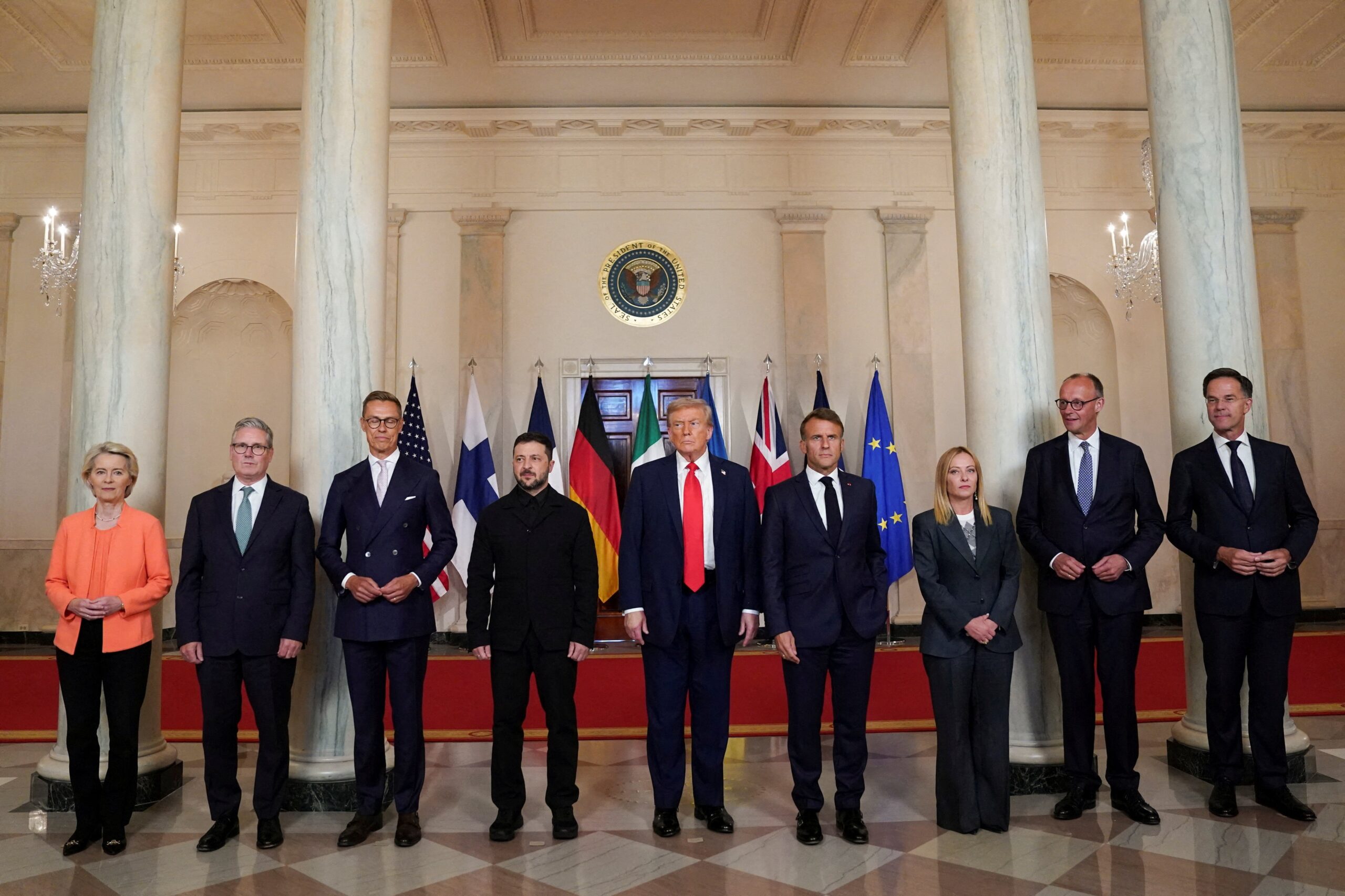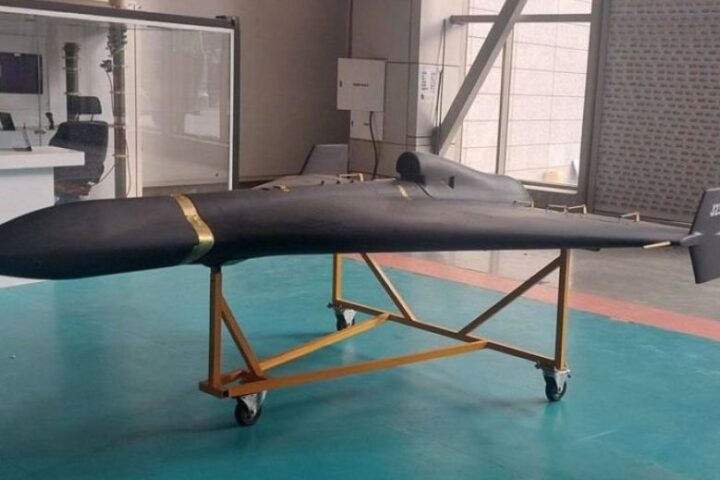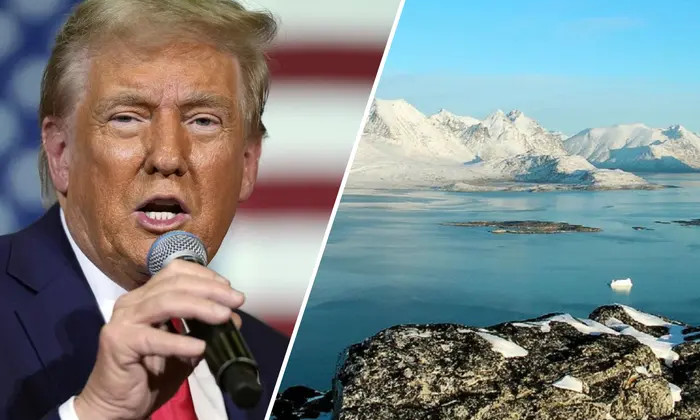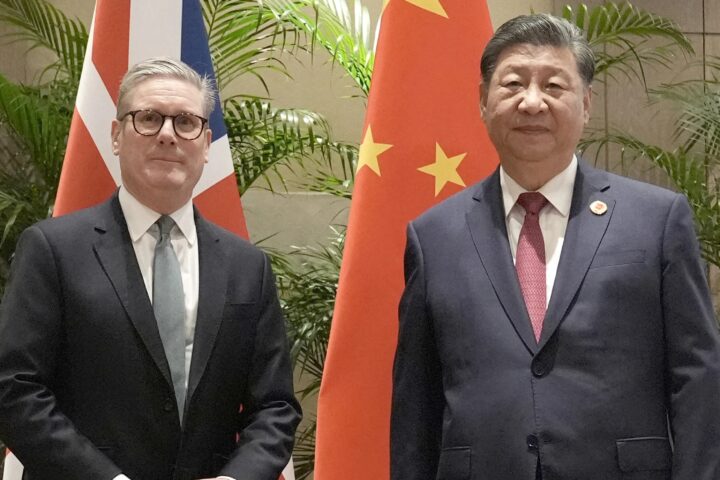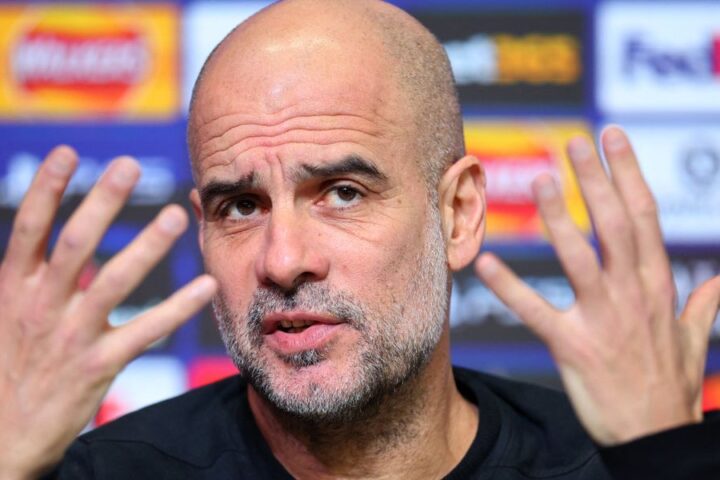European Union nations remain in a delicate position in the fourth year of the Russian-Ukrainian war, providing substantial military and humanitarian aid to Kyiv while simultaneously purchasing Russian energy, which indirectly finances Moscow’s war economy. Analysis shows that EU imports of Russian oil and gas during the first eight months of 2025 exceeded €11 billion, contributing to total purchases of more than €213 billion since the start of the full-scale invasion, far surpassing the €167 billion in aid allocated to Ukraine over the same period.
Rising energy purchases in supportive EU states
Seven EU member states increased their imports of Russian energy compared with the previous year, including five countries actively supporting Ukraine. France raised purchases by 40% to €2.2 billion, while the Netherlands increased them by 72% to €498 million. Belgium saw a 3% rise, Croatia 55%, Romania 57%, Portugal 167%, and Hungary 11%. Hungary and Slovakia, maintaining strong ties with Russia and rejecting a full phase-out of Russian gas, remain major importers, accounting for €5 billion collectively. According to CREA analyst Vaibhav Ragunandan, these flows represent a “form of self-sabotage” since energy revenues are a primary source of Moscow’s funding for military operations.
Strategic reliance and commercial constraints
The EU’s gradual withdrawal from Russian energy was designed to stabilize markets, preventing sharp price spikes or supply shortages that could harm European economies. However, several governments continue to view Russian energy as a cost-effective solution for reducing industrial expenses. Even reduced imports effectively support Russia’s war budget, as energy sales are its largest revenue source. While the EU has significantly reduced pipeline gas imports to around 16 billion cubic meters—roughly 10% of peak levels—the supply of Russian liquefied natural gas (LNG) has grown. Key purchasers include European energy firms such as TotalEnergies, Shell, Naturgy, and SEFE, bound by long-term contracts that cannot be paused without official EU sanctions. A new legal framework is seen as necessary to terminate these commercial agreements.
Sanctions and political pressure accelerate diversification
In mid-September, the European Commission agreed on a 19th sanctions package banning Russian LNG imports to EU markets by 1 January 2027, although Slovakia has raised objections regarding energy and automotive provisions. The measures aim to strengthen EU energy independence, reduce exposure to Russian leverage, and enable investments in domestic and renewable energy sources. U.S. President Donald Trump reinforced the urgency at the UN General Assembly, demanding European leaders immediately cease purchases of Russian energy, increasing pressure on Brussels to diversify supplies and reduce reliance on Moscow.
Implications for EU energy security and Russian financing
The continued acquisition of Russian oil and gas, even amid reduced volumes, underscores the tension between economic stability and strategic goals. While many EU governments support a full phase-out, contractual obligations and domestic energy costs create practical limitations. Ending imports strengthens EU sovereignty and weakens the financial base of Russian military operations, highlighting the complex balance between energy policy, economic stability, and international security.
